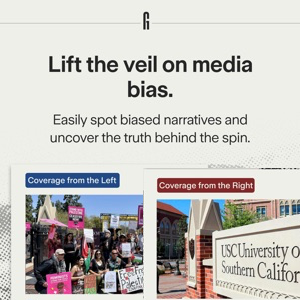MANCHESTER, NH — Standing at a podium constructed entirely from recycled campaign promises, presidential hopeful Senator James P. Whitmore unveiled his groundbreaking “Hope Management Strategy” yesterday, pledging to implement strict fiscal oversight of the American public’s collective hopes and dreams.
“Listen, folks, nobody knows hopes and dreams better than me,” declared Whitmore, adjusting his “Make Dreams Solvent Again” hat. “I’ve managed thousands of them, and sure, some went bankrupt, but that’s just smart dream management. You have to know when to let a dream fail.”
The senator’s bold new initiative includes the creation of the Department of Aspiration Management (DAM), a federal agency tasked with conducting quarterly dream audits and implementing hope austerity measures across all 50 states. The plan has already drawn praise from leading dreamconomists.
“Senator Whitmore’s proposal to store public hopes in offshore emotional accounts is exactly what this country needs,” said Dr. Eleanor Matthews, chief aspirational economist at Goldman Hopes. “The hope market has been running unchecked for far too long. We’re sitting on a bubble of unrealistic expectations that could burst at any moment.”
Under the new proposal, Americans would be required to purchase hope insurance with deductibles ranging from “slight disappointment” to “crushing existential crisis.” The campaign insists this measure is necessary to prevent hope fraud and dream laundering, practices that have reportedly cost the nation billions in squandered optimism.
“Look, we’ve run the numbers,” Whitmore explained while pointing to a chart showing the declining return on investment for thoughts and prayers. “My opponent wants to give everyone free access to their hopes and dreams, but that’s just fiscally irresponsible. Some Americans will need to settle for medium-sized aspirations, maybe even small ones. We call it ‘trickle-down optimism.'”
The campaign also unveiled a new dream deficit calculator, allowing voters to input their life goals and receive a detailed report on their emotional solvency. Early results suggest that 78% of Americans are currently living beyond their aspirational means.
When pressed about his own hope portfolio, which reportedly includes significant investments in corporate daydreams and industrial-scale wish fulfillment, Whitmore dismissed concerns about conflicts of interest. “I’ve placed all my personal dreams in a blind trust,” he assured reporters. “I can’t even remember what they were, which makes me uniquely qualified to manage yours.”
The announcement has sent shockwaves through the political establishment, with rival candidates scrambling to release their own hope management strategies. Democratic challenger Sarah Martinez criticized the plan as “dream austerity politics as usual,” though fact-checkers noted they couldn’t quantify the emotional impact of either candidate’s proposals.
Whitmore concluded the rally by unveiling his campaign’s new slogan, “Make America Realistically Mediocre Again,” and invited supporters to submit their hopes and dreams for pre-approval before getting too attached to them.
“The era of unregulated dreaming is over,” Whitmore declared to thunderous medium-volume applause. “Under my administration, every hope, dream, and aspiration will be properly vetted, means-tested, and subject to reasonable management fees.”
Campaign staffers distributed dream submission forms to attendees, complete with a 47-page terms and conditions document clarifying that past emotional investments are no guarantee of future fulfillment.
At press time, sources confirmed Whitmore was seen leaving the rally in a luxury vehicle powered entirely by crushed aspirations, while his campaign team worked to calculate the exact carbon footprint of the average American dream.


